As the ongoing debate about the TV Licence fee continues, Clare Sumner, Director of Policy at the BBC, says that the fee helps guarantee universal access to the BBC’s programmes – and that when asked, most people say they prefer the licence fee model, and as opposed to the advertising and subscription models.
Sumner, who leads the development of UK and EU public policy for the BBC, spoke yesterday about the future of the public broadcaster in front of the Westminster Media Forum.
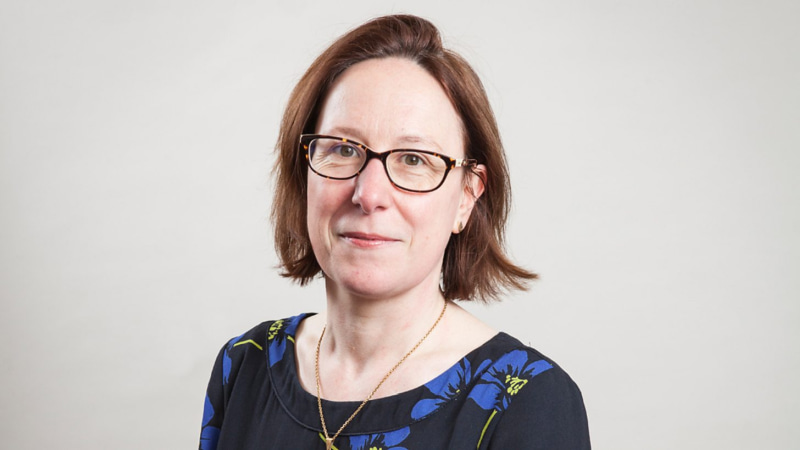
“We are the biggest media provider in the UK, highly trusted and consumed by over 90 percent of adults and 80 percent of young people every week”, she said. “The BBC’s next key milestone is how we approach the licence fee settlement with the Government for April 2022.
“The licence fee is not an end in itself. It exists because it’s a sure-fire way to guarantee universal access to the BBC’s programmes and services – to make sure they’re available to everyone.
“It makes us directly accountable to the whole country. Because all audiences pay for us, we have to work hard to make sure all audiences get value from us in return.”
The TV Licence fee, which is used to fund the BBC, currently stands at £157.50/year, but will go up to £159/year on April 1. Anyone who watches the BBC live, or streams it via BBC iPlayer, has to pay the fee.
Furthermore, if you watch any live TV from any broadcaster (even an international one), you also need to pay the fee (See our full guide on whether you need to pay the TV Licence fee or not).
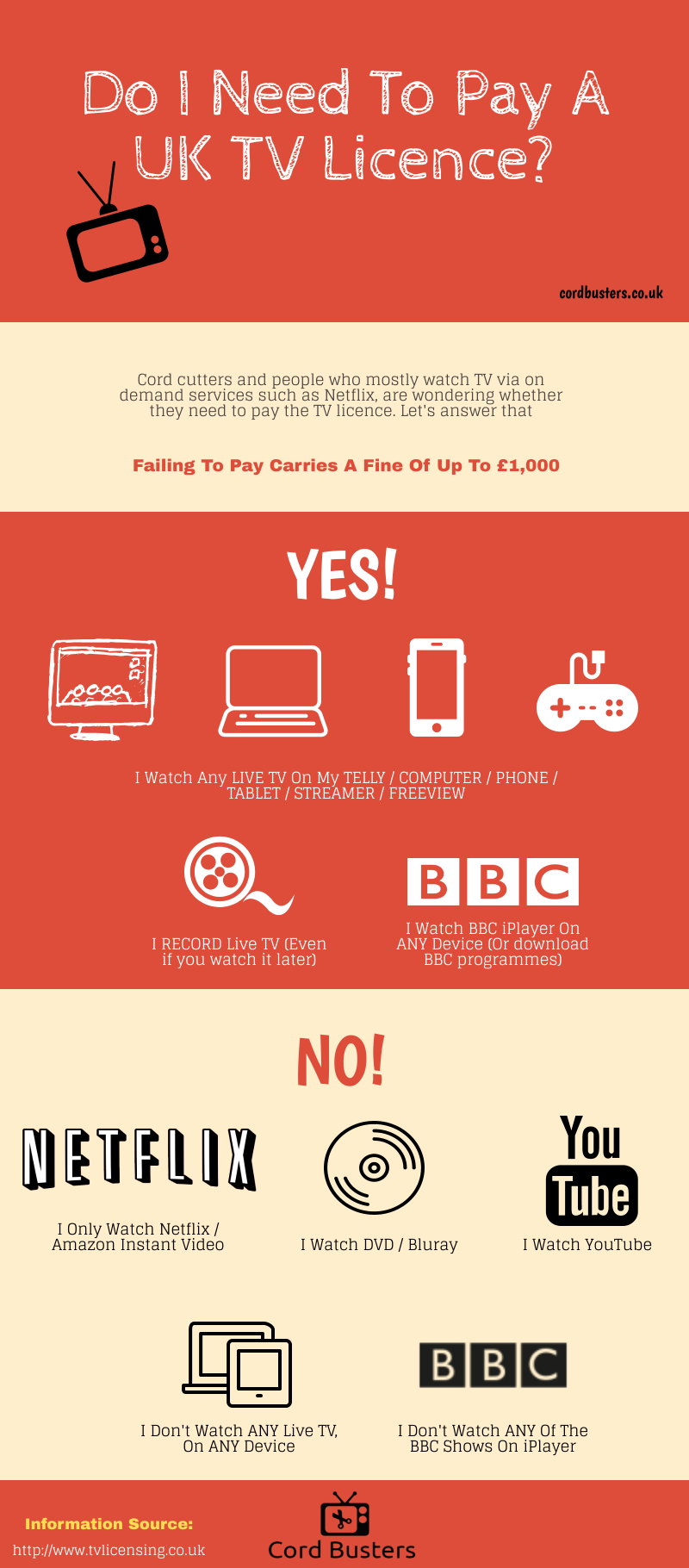
Last year, the government was debating whether to change the terms of the licence fee, and specifically whether to decriminalise it or not.
Eventually, the government decided to leave the current criminal sanctions on evading the licence fee where they are, at least until 2022, with evaders risking a £1,000 fine or, in rare cases, even going to jail.
Another question that keeps coming up, is whether the TV Licence fee should be mandatory – or optional, with the BBC turning into a subscription service. (It’s worth emphasizing that the licence fee is already optional – but failing to pay means you can’t watch ANY live broadcasting, not just the BBC).
A report published recently by the BBC, indicated that if one was to purchase the range of media offered through the licence fee, across video, audio and news offered by the BBC, it would cost £453.45 per year.
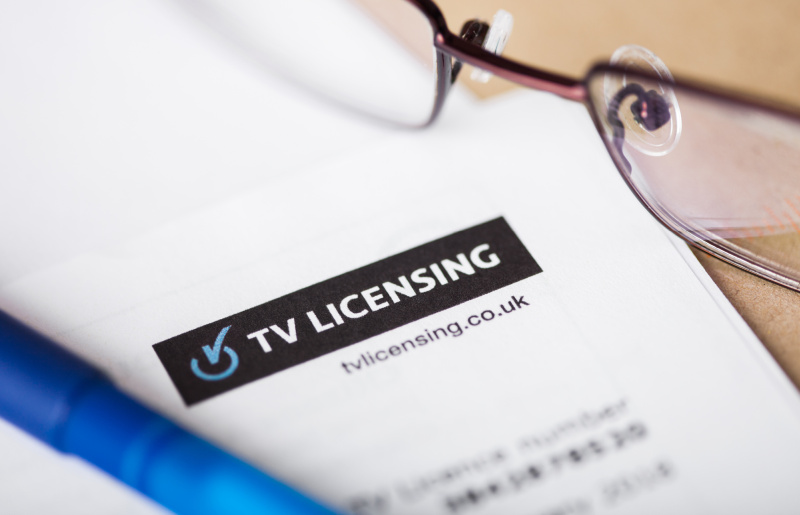
In her speech, Clare Sumner addressed these numbers again:
“Each hour of BBC TV watched by a household costs it around 9p on average. For an equivalent SVOD service that’s around 15p, and for an equivalent pay TV service it starts at well over 50p per hour.
“And let’s not forget that the licence fee is not only well supported by those in the industry, it’s also widely backed by the public.
“When we ask people how they wish the BBC to be funded, the licence fee is the most popular answer compared to advertising and subscription models.”
It’s worth noting that at £13/month, the TV Licence fee is still higher than the cost of competing TV services, such as Netflix (£9.99/month for the standard plan) or Disney+ (£7.99/month). But those services only provide TV, while the BBC also has the radio stations and news service under its belt.
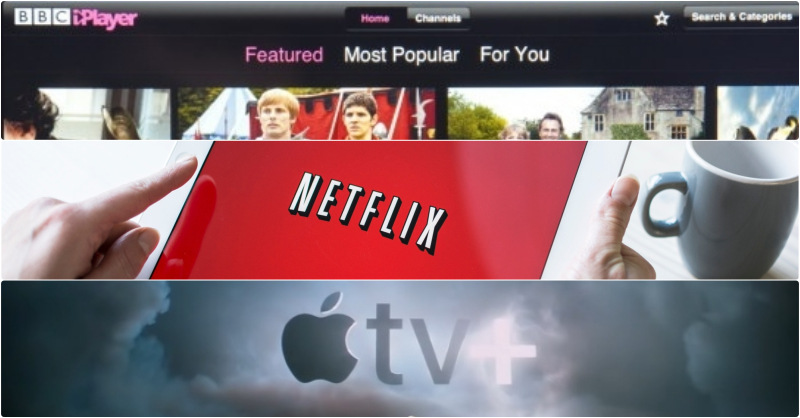
In her speech, Sumner also addressed the BBC’s role as a market-shaper, “by providing access to distinctive content that informs, educates, and entertains.
“Take entertainment or drama shows, for example. By creating massively successful global formats like Strictly, and by championing diverse talent with content such as I May Destroy You, we shape and influence markets around the world.”
Tim Davie, the current BBC director-general, also spoke in the past against turning the BBC into a subscription-based service, saying that while they might make “a decent business out of it”, it would make the BBC “just another media company serving a specific group”, instead of serving wider groups of the population.
- Want more weekly updates about the licence fee and other TV topics? make sure you Subscribe to our free newsletter.
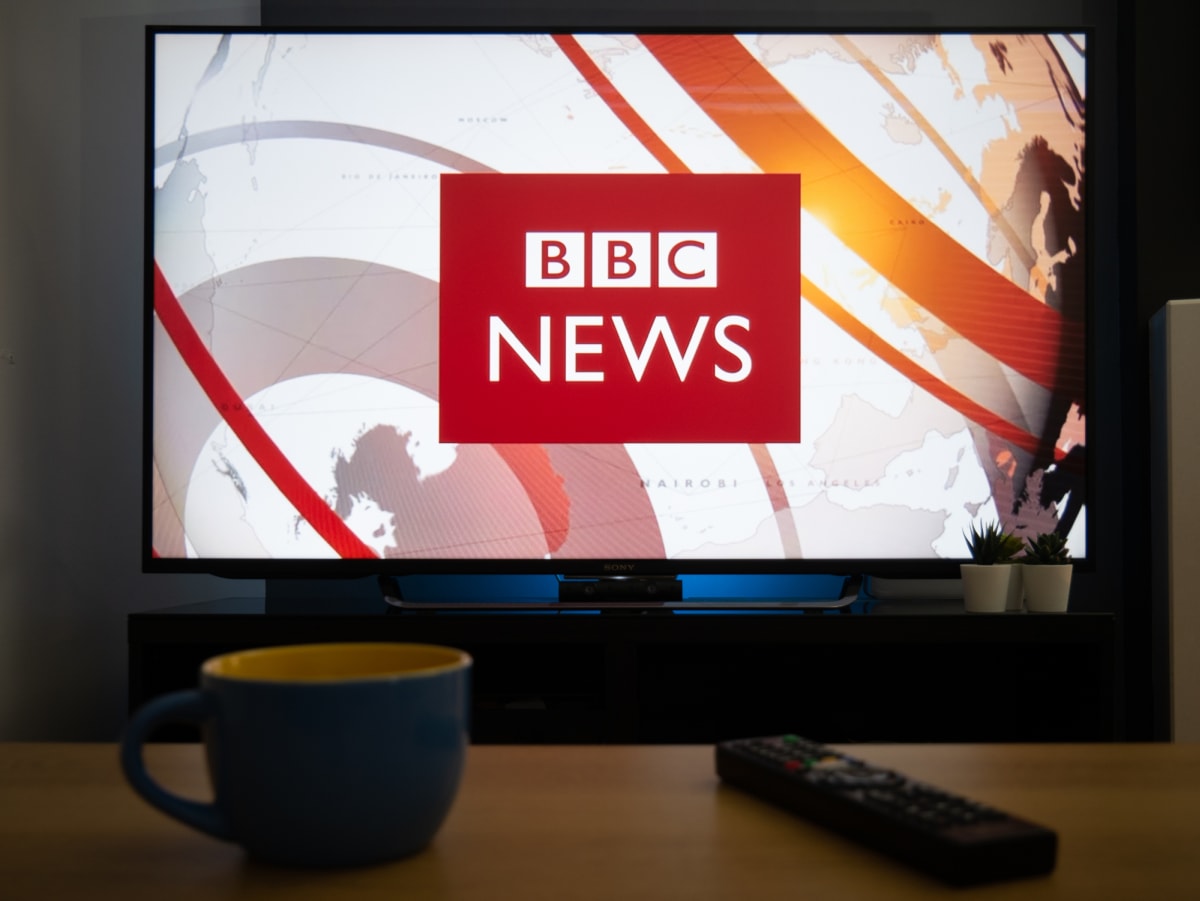
Yes I would, pay for only what you see, I only watch live sport, not tennis, and local news, I love golf cricket boxing rugby league and a lot more sports which the BBC doesn’t have now, it’s a disgrace to pay full licence fee which are not going to pay for my next licence, you have sport on the internet Wales and Scotland which I can’t watch on the telly, why should I pay for things that I don’t watch or can’t watch, if I went into Tesco’s and they didn’t have milk and bread I wouldn’t be expected to pay for it because they didn’t have it in,
I agree with others I don’t know who she is speaking with. I am tired being forced to pay for something I don’t use.
I don’t know who this Claire has been talking to most people i know want a subscription
We watch Netflix and Amazon Prime mainly, but my partner likes Strictly, that is the only thing we watch live.
Perhaps having a pay per show would be better, why should we pay for everything else if we do not watch it?
Why do I must pay for BBC if I’m watching TV channels not from UK and not related with BBC anyways? Don’t get it
“90% of adults and 80% of young people”?
Can we say “pulling those numbers from where the sun don’t shine”? My evidence would only be anecdotal, but I certainly wouldn’t call it 90%. Nowhere near. I haven’t watched live TV in over a decade, my siblings don’t either, and my stepmum is about ready to pull the plug herself. Half the people I know in my block of flats either watch TV all the time or don’t watch it at all. I think more scrutiny may be needed on those figures…
The only thing I watch is the news on BBC, but to be honest it’s just as easy to get the news elsewhere, being asked to pay for all of the services that I don’t bother with is a wind up, I agree with the majority on here, bring in a subscription service, then the BBC will be forced to make some decent programs, they already have the front to charge for britbox, which are programs we have already payed for with previous licence costs but they want us to pay for that as well, con.
Britbox is excellent and great value.I would rather pay for Britbox than the license fee.
I feel the right to choose here is the issue . Do I wanna watch the bbc ???
Do I need to watch the bbc !!
Not really . Things need to change .
People must have the right to choose
Who cares about the £453 to watch the BBC ifit became a subscription service. No one would be forced to pay it. You’d have a choice
I would be happy to pay a subscription for iPlayer, I don’t want any other service from BBC. If they can’t get with the times, then unfortunately I won’t be using any BBC services
People need a choice not be told you have to pay
I would rather pay for what I watch
I hartley watch bbc it’s not Worth the money
Australia ABC is equivalent to the BBC and there is no tv licence , they have sponsors, so why cant the bbc do this
People throughout this country should have a choice to vote on paying for this out of date licence fee or not let’s really see how many want to keep it and and not let the BBC decide at the end of the day it’s the public that pay .
The licence fee as it is is compulsory but a subscription is not that is the difference people have a choice.
Why dont we get a choice ??? ….I totally agree
Not worth the money they demand and why is it no other countries have to pay for it as none of my friends in Spain and Turkey pay anything
We have a choice in which utilities we use we have a choice when choosing banks ,insurance ect .I for one do not trust the BBC in any capacity particularly their unbiased reporting claims .All license payers should be given a referendum type choice .No one should risk a criminal record for not paying such an unjustifiable tax .
It’s easy to see why most people would prefer the model if they already pay the license fee, it keeps it cheaper for them as keeps output high. The more people that are harassed into paying by Capita the cheaper the cost for the BBC for provide the same output and quality of services per fee payer.
The simple fact is, the BBC license fee is actually classed as a tax by the office for national statistics because you have to pay it to access services that are not funded by it such as Channel 4.
This is simply a method to force payment and before the advent of VOD services most people simply paid because they wanted to view some kind of television broadcast. Luckily we now can enjoy catch-up content from other providers without having to pay Auntie.
“A report published recently by the BBC, indicated that if one was to purchase the range of media offered through the licence fee, across video, audio and news offered by the BBC, it would cost £453.45 per year”
The above quote might be true although difficult to prove, however how many actually view every bit of content that the BBC offer? The overall cost would likely be cheaper if you sought out the specific media you wanted from alternative sources. The idea that it is great value is a misnomer as this only applies those that literally view all content.
“The licence fee is not an end in itself. It exists because it’s a sure-fire way to guarantee universal access to the BBC’s programmes and services – to make sure they’re available to everyone.”
This statement would be fine if the fee was compulsory, however it is not. The fee can guarantee universal access to BBC progs and services for those that can actually afford it. If you cannot get found utilizing those services then you can find yourself hit with fines and in court.
Almost a third of women’s convictions are for not paying TV licence fee, often these women are single mothers on universal income.
https://www.independent.co.uk/news/uk/home-news/tv-licence-fee-women-convictions-b1763192.html
So upsetting that a woman in a position like Clare Sumner’s does not recognise these issues.
Give us channel 4 all day every day .
S4C, the Welsh language channel, owned and operated by Channel 4, is also partly funded by the TV Licence fee. Channel 4 and the BBC have their common origins as they were both set up by the government to be the state broadcasters. Ch4 was built on the advertising model, the BBC was set up originally to be seen as always independent and unbiased, which is why they weren’t allowed to accept any advertising, as it would look like they’d lost their impartiality. A few years ago, the government sold channel 4 but as part of the deal, S4C had to be kept and funding from the license fee was also part of the deal.
The BBC was also solely responsible for upgrading terrestrial TV and radio broadcast sites to digital, none of it was funded by government or by privately owned channels (obviously cable and satellite did their own thing), this included giving out set top boxes to some people as their old TV didn’t have a digital tuner.
I’m constantly surprised these details are never included in these articles, even though they’re all a matter of public record and each of them were part of news stories at the relevant times.
Would prefer a subscription service . So I can pay for what I watch.